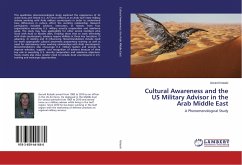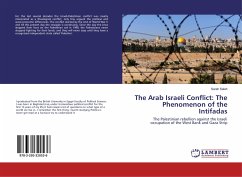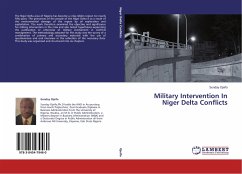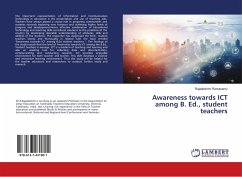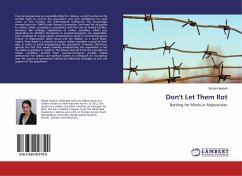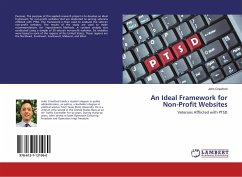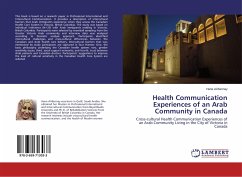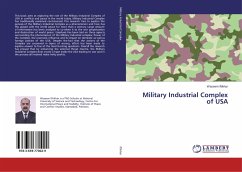This qualitative phenomenological study explored the experiences of 22 active duty and retired U.S. Air Force officers at an Arab Gulf State military airbase working with Arab military counterparts in order to understand how differences in culture affect the working relationship. Research participants included advisors, instructors, or liaisons from four organizations executing U.S. military security cooperation and assistance goals. The study may have applicability for other service members who work with Arab or Muslim allies. Findings show that to work effectively with Arab counterparts, advisors require abilities in three key functions: 1) adapting, 2) relating and 3) influencing. Recommendations include need for more appropriate cultural awareness preparatory training as well as need for maintaining closer working relationships with Arab counterparts. Recommendations also encourage U.S. military leaders and services to improve selection, support, and recognition of advisors because of their key role in executing U.S. security cooperation and assistance objectives. Study results also show greater need to include Arab counterparts in U.S. training and exchange opportunities.

